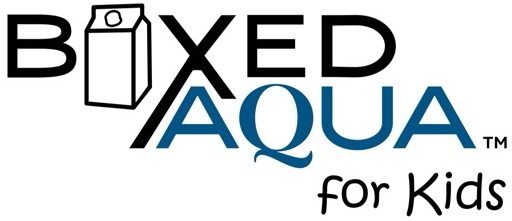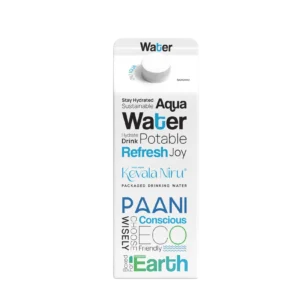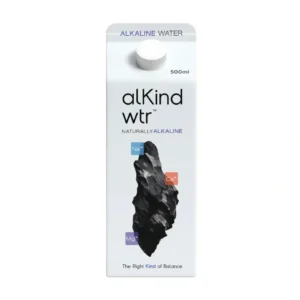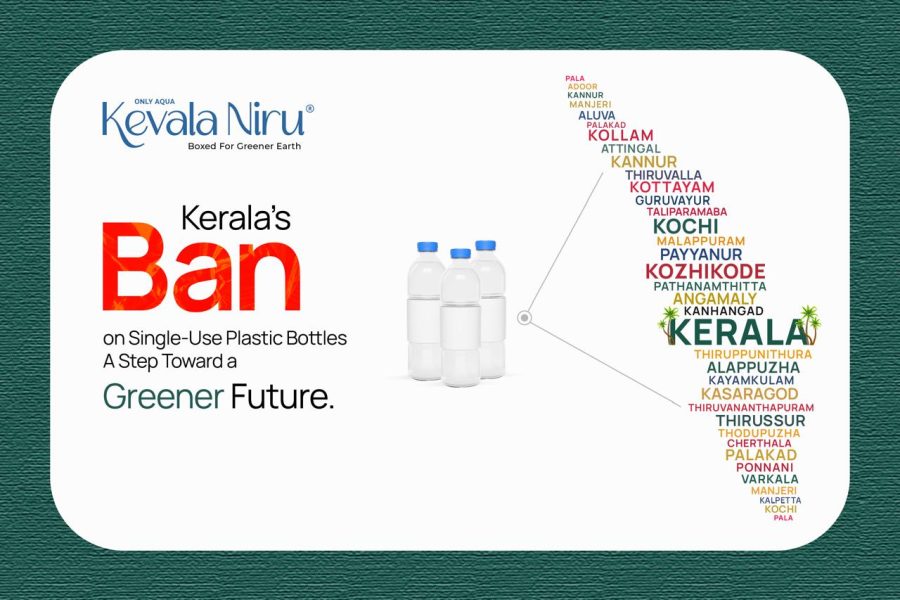The ban on single-use plastic bottles in Kerala will be a great milestone in the progress of the state towards the environmentally sustainable and plastic waste-reducing process. This ambitious step is issued at the time of the world lattice being increasingly concerned about the plastic pollution that has devastating effects on the ecosystem, flora, and fauna and also on human health. Single plastic bottles, which are vastly used to package drinking water and beverages, increase the number of plastic wastes, which are mostly disposed of in landfills, rivers, and ocean. Prohibiting such bottles is a part of the overall vision of Kerala to protect its lush green environment, especially water bodies and other pristine scenes, against the increasing plastic menace.
The action of prohibiting usage of single plastic bottles in Kerala shows the proactive mentality of the state government in dealing with environmental issues. Plastic bottles or bottles made of polyethylene terephthalate (PET), are light, convenient, inexpensive, and this is the reason they are popular with consumers and manufacturers. Nevertheless, they have a very heavy environmental cost. Such bottles need hundreds of years to biodegrade and often shrink to microplastics polluting the soil and waters and getting into the food chain. In Kerala where rivers, Backwaters, and the sea are in abundance, the uncontrolled growth of the plastic bottles has been a direct threat to the aquatic life and the sustenance of the peoples who are majorly dependent on fishing and tourism.
The momentum of Kerala has been gained following the rising awareness among the population and activism against plastic pollution. Citizens, environmentalists and policymakers have united in solidarity to their objectives of decreasing single-utilize plastics, prioritizing you to green substitutes and better waste organizers. The prohibition of one-use plastic bottles is a regulation act as well as a means of influencing consumer behavior towards more environmental-friendly preferences. It urges companies to be creative and find more eco-friendly solutions to packaging that can result in the decrease of plastic use and cleaner environment.
The potential solutions to Kerala vision include creation of firms such as Kevala Niru Water Packaging, which is the first sustainable water packaging solution company in India. Kevala Niru will provide a variety of bottled waters namely Boxed Aqua (Natural Mountain Mineral Water), Alkind Wtr (Alkaline Water), and Kevala Niru (Artesian Water) and only use eco-friendly GableTop Pak cartons. The cartons are one of the great milestones in thermopack technology that have specifically improved the waste of plastic and glass products. They are lightweight and recyclable and mainly made of renewable paperboard with limited plastic layers, which makes them significantly reduce carbon footprint in comparison to plastic bottles. There is no better way than this to adopt this kind of packaging since Kerala has banned it and this will give the opportunity to everyone to use it as a viable alternative that is convenient and safe.
There are some environmental benefits of GableTop Pak cartons that also make a resonance with Kerala ecological agenda. The manufacture of their bottles consumes less fossil fuel than that of plastic ones and includes less labor-intensive production procedures. The stackable nature of these cartons makes it minimize transportation emissions and maximize the storage and shipment of the cargo. In addition, the cartouns are manufactured to guard the quality of water hence adding a cleanliness and strong packaging alternative of mineral and artesian water. Through the efforts to promote and use such unique packaging, Kerala will be able to get closer to its targeted objective of reducing plastics waste and promoting the principles of the circular economy.
Inclusion of single-use plastic bottles into the list of items banned by the Kerala government is complemented by other environmental activities in the state, including prohibition of plastic bags, straws and other single-use plastic items. All these are together forming a comprehensive plan to reduce plastic pollution. The effect of these bans is further bolstered by educational drives, community cleanup and tighter enforcement of segregation of waste. By explicitly focusing on the prevalence of the usage of single-use plastics, Kerala will lead in avoiding one of the most notorious and dangerous types of plastic pollution, sending the powerful message about the necessity of environmental responsibility.
Although the ban poses difficulties in the production and consumption of plastic bottles by the manufacturers and customers who have become familiar to them, it also introduces the possibility of innovation and sustainable growth. Organizations such as Kevala Niru are leading such a change as they indicate how these solutions can be environmentally sustainable without sacrificing quality or convenience in terms of meeting the demands of the market. Their efforts to make sure that they minimize their carbon prints and support sustainability also come as a precedent that other corporations can use as guidelines. In its turn, consumers become capable of making environmentally mindful decisions as they support the notion of products that share their values and make their planet healthier.
The ban also highlights the linkage between environmental problems and community health. Plastic pollution does not only ruin the ecosystem but also influences human health by means of polluted water resources and food. Kerala risks the ingestion of microplastic and leeching of chemicals by using single-use plastic bottles. By adopting this approach, Kerala can protect its population. The initiative is in line with the overall global health priorities and sustainable development priorities and Kerala is a role model in their policies of environment and public health.
The ban on single-use plastic bottles in Kerala is particularly successful due to the involvement of the communities. To be sure there will be adequate implementation and conformity, local authorities, businesses and NGOs together with citizens should collaborate. Behavioral change and social acceptance among the population is promoted through awareness programs based on environment and health benefits caused by the ban. Moreover, the establishment of strong re-cycling and obsolete management chains promotes the abandonment of plastic reliance. All these joint initiatives create the culture of sustainability that is not tied with what is legislatively required.
The ban in Kerala also begs the question of how best the plastic problem can be scaled up at the world level. Kerala offers an excellent example to other problem areas with plastic pollution because it is one of the environmentally conscious states in India. The combination of innovative technologies in packaging such as the technologies developed by the Kevala Niru Water Packaging depict how sustainable businesses can supplement the efforts run by the government. The combination of policy, technology, and societal involvement is key to both solve complex environmental problems and achieve a sustainable change.
In the future, Kerala will be able to base further developments in packing and consumption behaviour due to its prohibition of single-use plastic bottles. Further researches and investments on alternative materials like biodegradable plastics, reusable containers and eco friendly cartons will give consumers and manufacturers much more choices. The promotion of the responsible consumption of products and a general decrease in plastic reliance is an important objective. The leadership of the state in this sector also leads to the national of India in the mission to control plastic waste and preserve the environment.

















